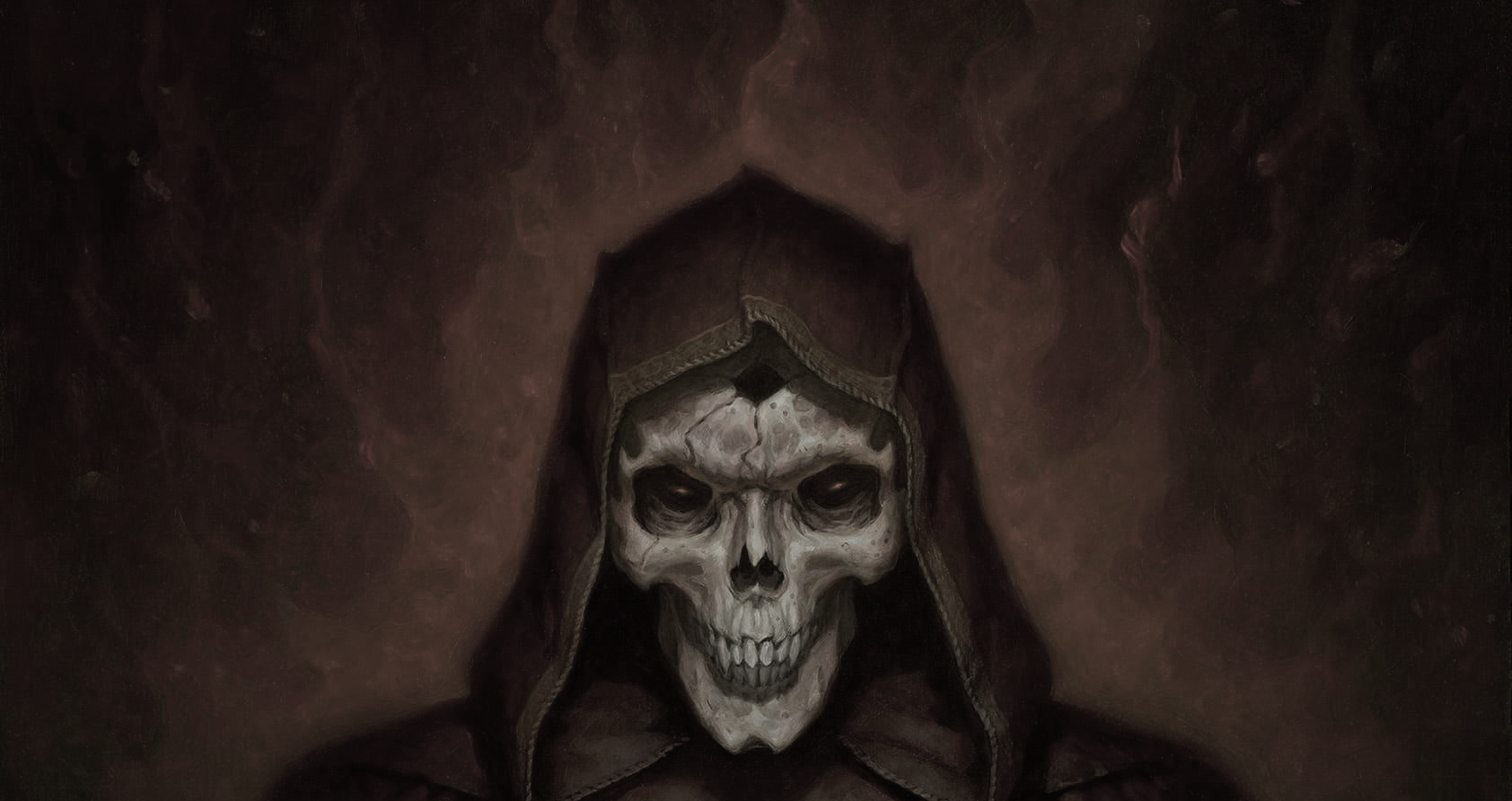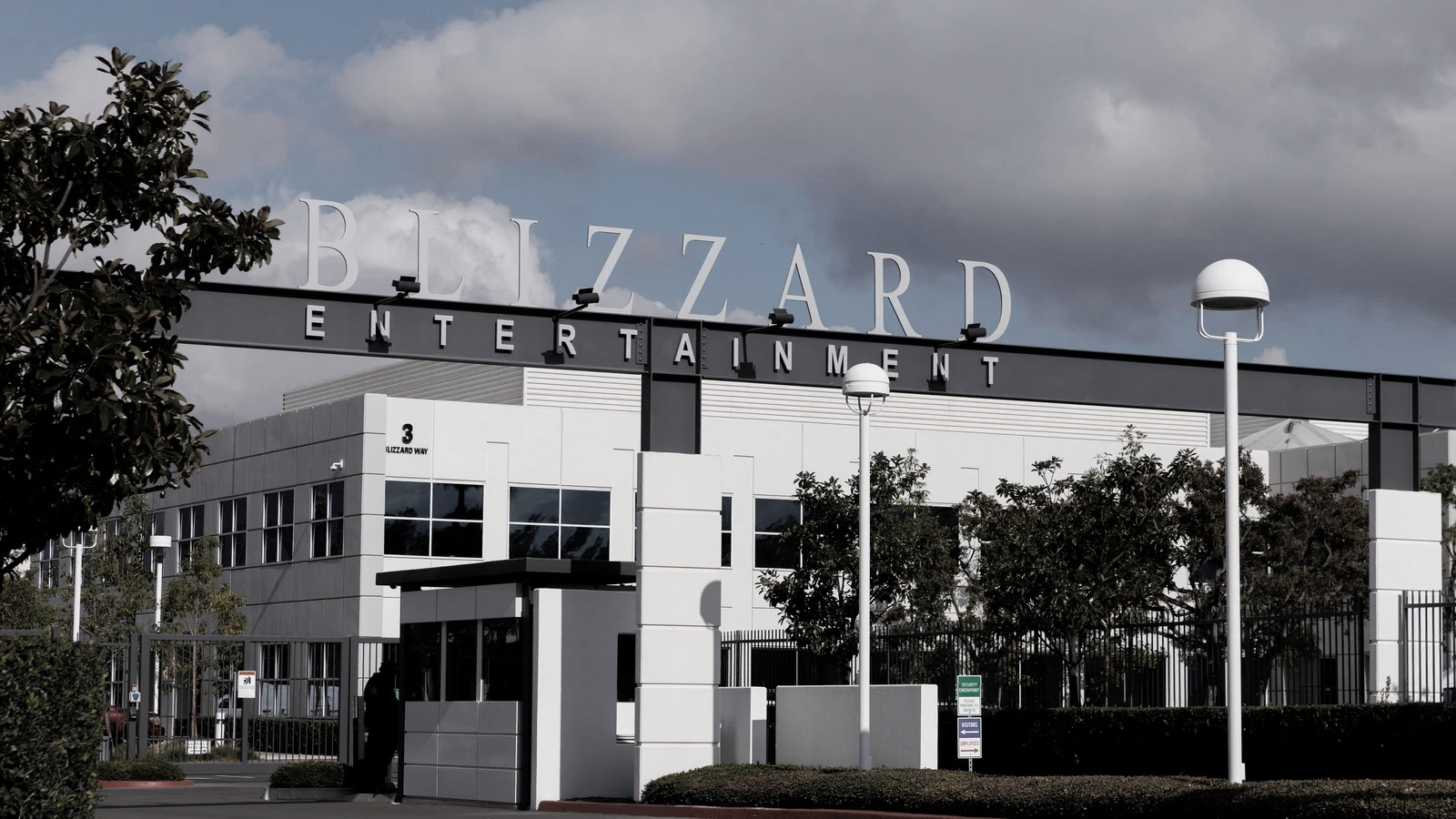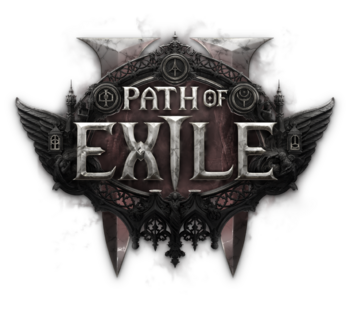Don't Deal with the Devil
How ill-intentioned big game industry sows it's own demise.

With MTX exploitation reaching new heights with the release of Dragon's Dogma 2, I was compelled to speak a little on my thoughts on business practice in game development.
There seems to be a nihilistic acceptance for practices such as scummy MTX, gamba, re-releases and glorified shovelware as profit-incentivised. The main goal of any capitalist enterprise is to make profit. And these methods, it would seem, have proven themselves to be very profitable. Our acceptance is that any large enough enterprise, especially those taking public investment and under immense pressure to maximise profit, are sadly 'forced' into adopting these practices.
There's good discussion to be had on how much profit-incentivisation is justified, and I would defend it. Profit is good. Greater profits allow for greater games to be made. We can't really defer all blame to the involvement of 'suits', because the 'suits' serve the very important purpose of keeping the lights on. It's their job to make sure that the creation of expensive games remains sustainable. To be explicit, we're probably referring to publishers here, or the publishing arm of a game company. I'd also hesitate to make accusations of greed. Anyone selling a product would likely hope to make as much money off of that product that they could.
My romantic belief is that there's no material equivalent for the fullfillment that comes from the pursuit of our craft. Life is short, and I think too much material desire leaves the soul wanting. But the discussion I'd like to have here is from a business perspective. I'll put my suit on. Let's make money. My question now is for the other suits, those behind current trends in the industry.
What the fuck are you doing?
It's obvious, in my opinion, that upon careful consideration these trends aren't just bad for the consumer, but bad business practice, and averse to making sustainable profit. Suffice it to say that a quick buck and boosting quarterly profits make no promise for the long-term success of the venture. History has shown the invisible hand to be, much like karma, a real bitch. No corporation, no matter how large or entrenched, is safe from getting crushed by one too many small mistakes.
This manifesto comes in the form of a short and focused case study. So without further ado:

Let's start by identifying what I believe to be the glaring mistakes in business practice made by our fellow suits at Blizzard.
Mistake: Sacrificing Product Value
Mistake: Sacrificing Brand Reputation
Mistake: Sacrificing Yourself as a Game Development Practice
The latter might be the least obvious, so let's explore that with a counter example.

Shown above is a knife to Diablo IV's throat. If this release succeeds (and I'd wager on account of GGG's reputation that it's sure to succeed), then the IP that is Diablo ends it's reign as the definitive isometric ARPG. Not to say that PoE hasn't already cemented itself as the definitive game of the genre - I would certainly say so myself. But there was always the possibility that the progenitor king would return to reclaim it's throne.
And return it did: a huge financial success, selling upwards of six million copies in it's first week. Then, a slow realization in the ARPG community that the latest Diablo... was grossly inferior in gameplay to the now decade-old game that is PoE. But that shouldn't be a surprise.
A little context, for the uninformed. Path of Exile was created in 2013 by the small team of Diablo enthusiasts that was Grinding Gear Games. The game drew heavily from Diablo II in aesthetics and gameplay, and was openly proclaimed as a 'spiritual successor' to Diablo II.
I think it's safe to say that if Diablo III was more of the successor to Diablo II that there was hope for it to be, then the frustrations that made GGG probably wouldn't have arisen. In short:
Fail to bear responsibility for the quality of your well-loved IP, and single-handedly create direct competition to that IP from your own fucking consumers.
Here's a sentiment thrown around by the more forgiving ARPG enthusiasts: "Diablo 4 needs time in order to grow to it's potential and flourish. We cannot realistically expect Diablo 4, a newly released game, to be able to match the ten years of live service behind Path of Exile". And that's referring to the current Path of Exile, and not the massive sequel entering public beta in a few months. Oops.
And that brings us to our next point. Path of Exile isn't, in isolation, the nail in the coffin - for that we need to talk in less abstract terms, and consider the game company as a workforce of game devs.
How do we suppose the workforce that is Blizzard Entertainment have been faring over the past, let's say, ten years or so? If you'll allow me a little conjecture:
- Chase trends with HOTS and Overwatch. Put some of our Diablo guys on that.
- Cancelled project. Put some of our Diablo guys on that, then lay them off.
- Milk World of Warcraft with expansions each worse than the last, re-release Classic. Put some of our Diablo guys on that.
- Mobile cash-grab Diablo game. Put some of our Diablo guys on that.
- A new survival game? Trendy. Put some of our Diablo guys on that.
- Where are all the Diablo guys? Hire new blood.
Take this hypothetical workforce, and consider the prospective team for the next main installment in the Diablo franchise.
Let's compare this to an imaginitive rendition of how the workforce at Grinding Gear Games have been spending their time, over the past ten years or so:
- Make Path of Exile.
I think it's too easy to forget that we're discussing people, at the end of the day. You can take a strong IP, make a cheaper, sub-standard game out of it, and hope to make good sales and 'get away with it'. But the people working on that game have now spent the timeframe of the project doing sub-standard work, instead of being pushed to grow as game developers. What kind of workforce would you expect to have, after making a habit of this malpractice? And how much of the good talent in your workforce do you expect to retain?
Blizzard can pump as much money and bodies into the Diablo as they can muster.
The fact remains that they're up now against an elite task force, so well-versed in ARPG and so deeply enterenched in the intricacies of their own game, that no other product in the ARPG space can even hope to compete with it.
GGG is now the industry giant that Blizzard so easily could have been, and purely by virtue of competence. It may not be apparent from a comparision of team size, net worth, or other surface-level indicators of company success. But compare the quality of the product being offered, and the rate at which high-value content is produced, and it's crystal clear. I'd think if I was an investor worth my salt, I'd be able to spot the bigger cash cow for a long-term investment.
Regarding the aforementioned 'karma': it's my personal belief that simply doing right by your consumer is enough to organically ensure long-term success. See another counter-example, Valve.
But maybe all this is a secondary effect of flaws in the financial system, pushing investors to favor short-term payout over sustainable income. Who knows.